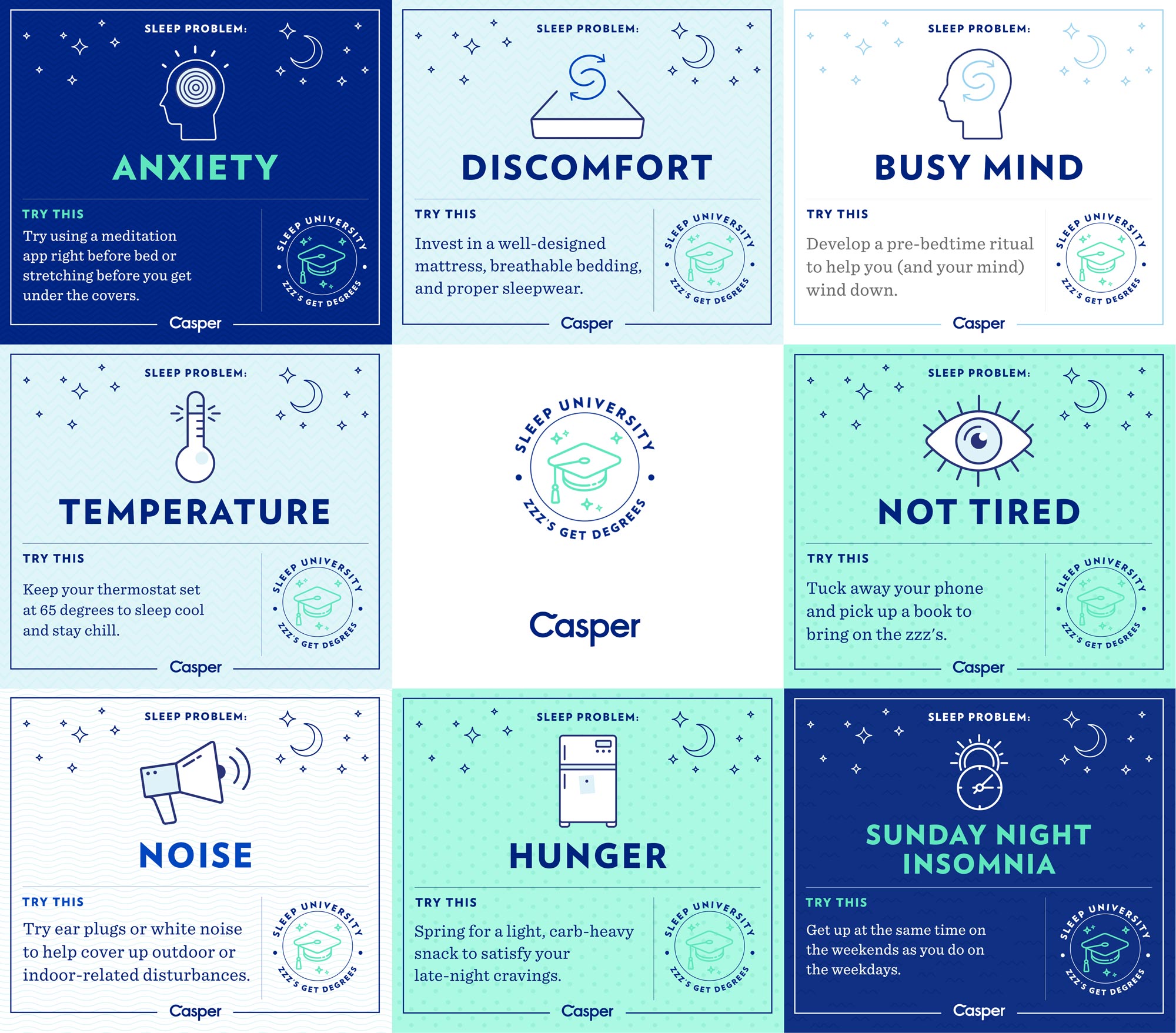Parenting and Sleep Ailments
This post may contain affiliate links which might earn us money. Please read my Disclosure and Privacy policies hereLet's discuss parenting and sleep ailments, friends! Why? You might not think much about this topic but after you read this you will agree and start taking care of yourself.
Let's begin!
As a stay at home parent, it is your responsibility to take care of your children: clothing them, feeding them, teaching them good habits and making sure they grow up into kind, positive adults. On top of that, you are expected to clean your home, take care of your partner or spouse, and still take care of yourself.
Stay at home parents like us are so busy taking care of our family members, homes and even pets, we often put our own wants, needs, and well-being to the wayside.
We stretch ourselves thin making sure we have prepared breakfast for everyone, gotten the kids on the school bus, taken the dog for a walk and even coordinated plans for after-school activities and what we’ll be serving for dinner before it is even 8 a.m.
However, when we are constantly making sure our families are well-fed and well-rested, our own sleep schedules often suffer. Below are some of the most common sleep ailments that plague people of all ages, and a few tips to overcome these for your best sleep ever.
8 Sleep Ailments and How To Fix Them
Anxiety
Anxiety is one of the most common issues – when we are trying to sleep and when we are awake – that Americans face. One in every five adults in the United States suffers from anxiety, and there is no worse feeling than being unable to sleep.
You are up worrying about your children’s grades, carpool schedules, everyone’s health, tomorrow’s responsibilities, and trying to pencil in time for your own interests and hobbies on top of it all.
If anxiety is keeping you awake at night, try practicing meditation before you go to bed. This can help to lower your heart rate, which will put you to sleep faster.
Busy Mind
Similar to anxiety, racing thoughts and anticipation for the next day can also keep countless parents awake until the wee hours of the morning. For many people, the root cause of this can be trying to plan out how the next day will go, or worrying about time frames for various responsibilities.
If you can not turn your mind off when it is time for bed, developing a nightly routine for the hour before you fall asleep can help to trick your mind into feeling tired. If this does not work for you, however, you may want to swap your afternoon cup of joe out for tea, which has far less caffeine and will slow your thoughts down in the evening.
Discomfort
When you can’t fall asleep or find yourself wide awake in the middle of the night, everything feels uncomfortable. From the weave of your sheet, to the material of your pajamas, to the humidity in the room, it can be nearly impossible to go to sleep until you find the source of your discomfort.
If you experience discomfort when you travel and are in an unfamiliar bed, a good way to fall asleep with ease is by bringing your own pillow with you so that you feel more at home.
Hunger
Late night hunger can keep even the heaviest sleepers awake, stomachs rumbling and thoughts of ice cream sundaes running rampant. While the midnight snack is often associated with unhealthy snacks such as chips or candy, there are actually snacks that can help you fall asleep and stay asleep through the rest of the night.
And while the cherry on top of a sundae won’t put you to bed, snacks like cherry juice and walnuts will help, thanks in part to their slow releases of carbohydrates.
Noise
While some people are able to drift off to sleep while listening to music or watching tv, others cannot fall asleep if there is a gust of wind or an owl hooting outside of the window.
However, regardless of how audible noises affect your ability to fall asleep, a white noise machine may improve your sleep quality. They provide a steady, background noise that drowns out stray sounds but also gives an additional sense of security that has even been proven to help lull crying babies to sleep. S
o whether you sleep alone or have an infant in your room too, nightly background noise can benefit all members of your family.
Related posts:
- 4 Tips To How to Raise Mentally Strong Kids (That you can do everyday)
- 7 Things About Parenting You'll Kick Yourself For Not Knowing
- 6 Smart Ways To Save On Household Costs
Not Tired
Night owls of all ages will proclaim that they are simply not tired when it comes time for bed. It is becoming increasingly more common, however, for the feeling of “waking up” at night to stem from external sources, rather than one’s internal clock.
Many people use phones, tablets, TVs or computers while they are winding down for the night, but the light emitted from these devices, also known as blue light, actually wakes people up because it so closely mimics the sun’s rays.
If you typically scroll through or look at screens before you fall asleep, the quality of your rest may improve drastically if you switch to a screen-free activity such as reading a book or magazine, writing or drawing. This will allow your mind to ease the same way that screen time would, but does not signal to your eyes that it is time to wake up.
Sunday Night Insomnia
While weekdays are hectic for parents, weekends can be even more of a circus in most households. However, Saturdays and Sundays are the times when parents and children alike can escape their early wake-up times, providing some much-needed rest for the whole family.
But if you are struggling to fall asleep come Sunday night, you may be encountering this issue because you are sleeping in too much on the weekends. Your body gets used to a sleep routine every Monday through Friday but is disturbed by the change in sleep patterns on the weekends. Try waking up within an hour of the time you typically rise on weekdays so that your circadian rhythm stays consistent every day.
Temperature
When Goldilocks could not fall asleep in the bears’ house, it was because the bed she was lying in was either too big or too small. Similarly to her need to find a bed size that was “just right” is your body’s need to be at a proper temperature for your best rest.
If you have trouble sleeping because your room is either too warm or too cold, it is recommended that you set your thermostat between 60 and 67 degrees Fahrenheit in your bedroom to ensure a comfortable environment for sleeping.
Conclusion
As you can see parenting and sleep ailments affect us and it is something we think comes with parenting and life. The truth is that we can solve these sleep ailments and start feeling and living a better quality of life.






